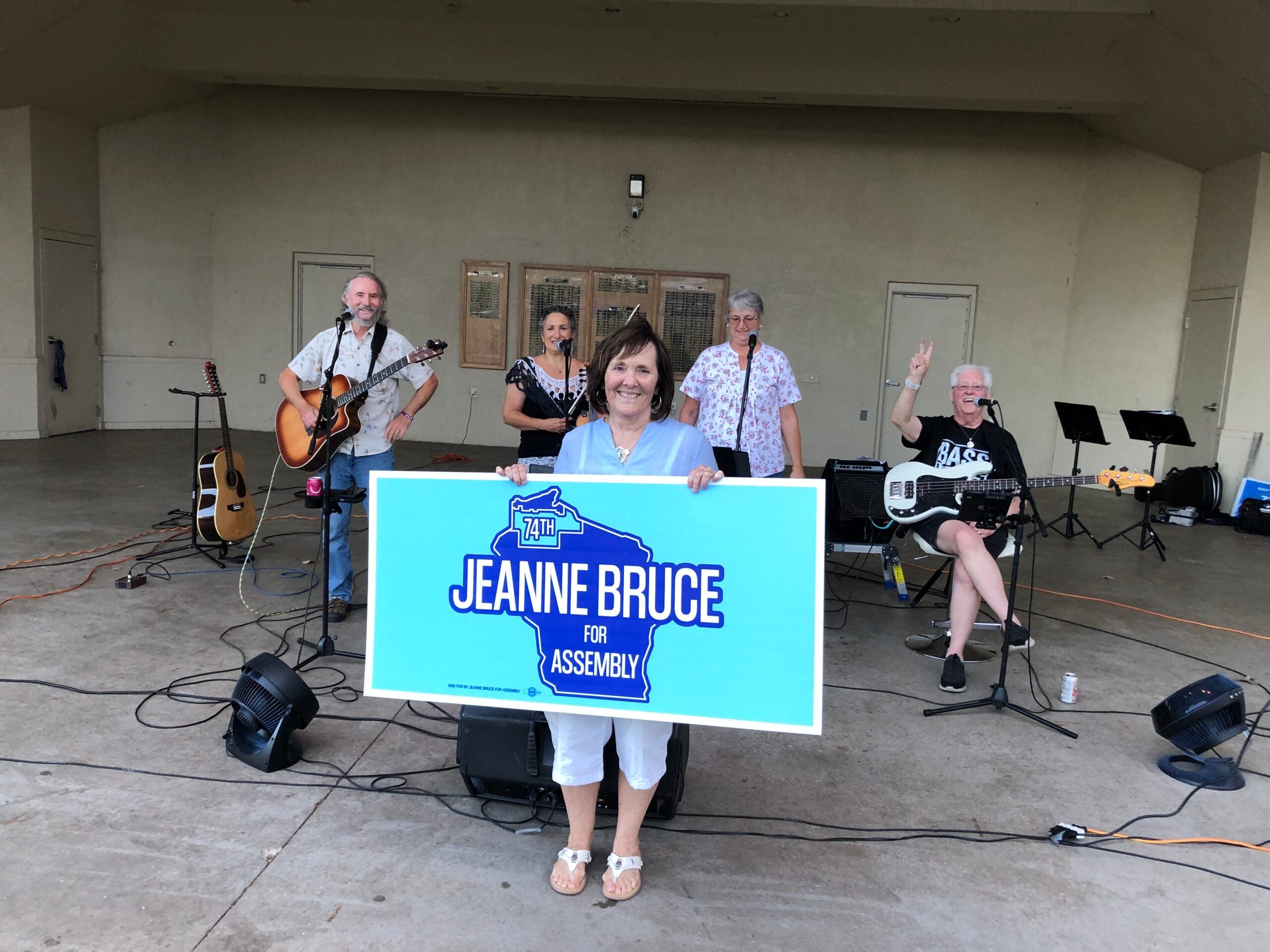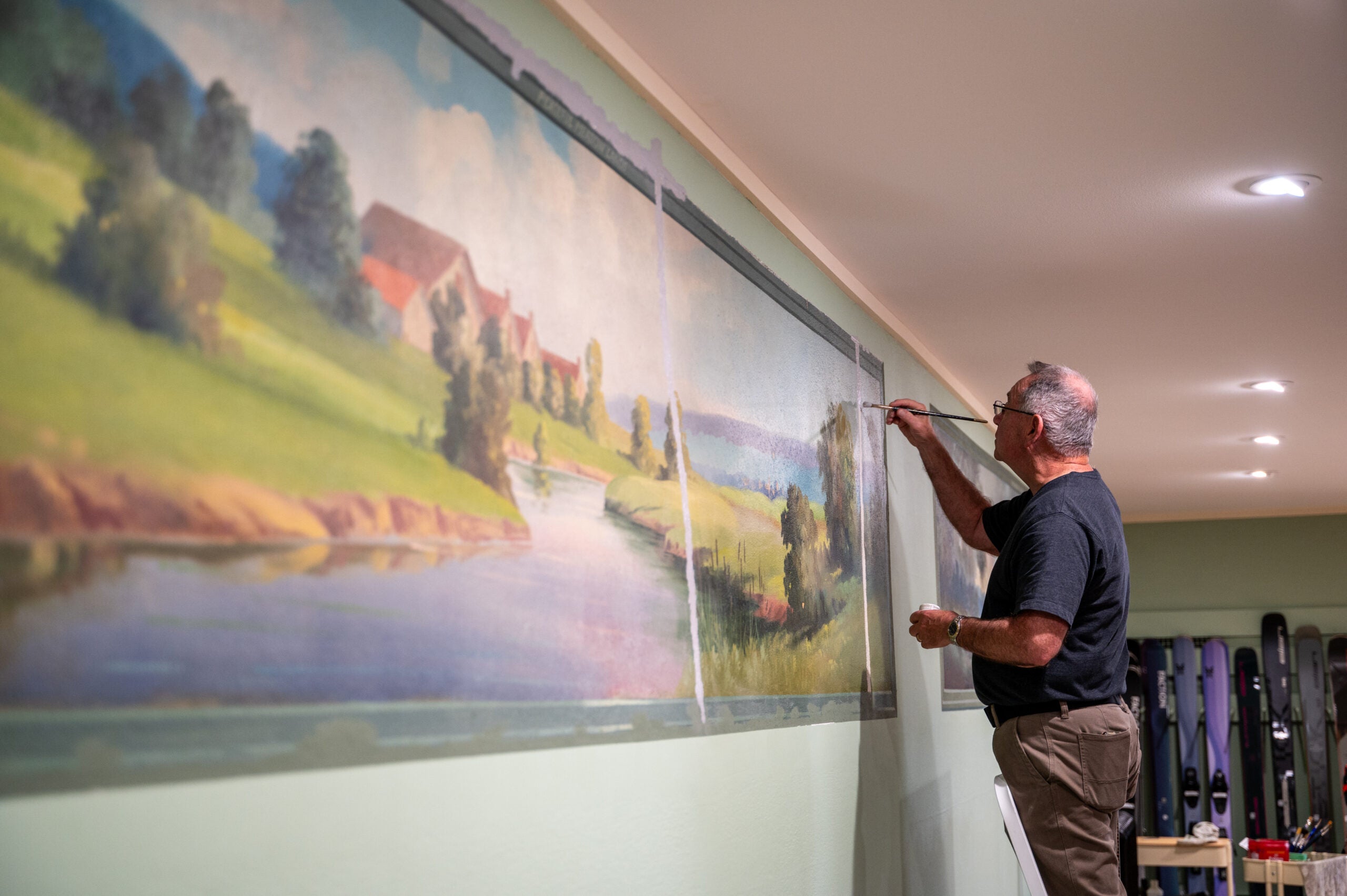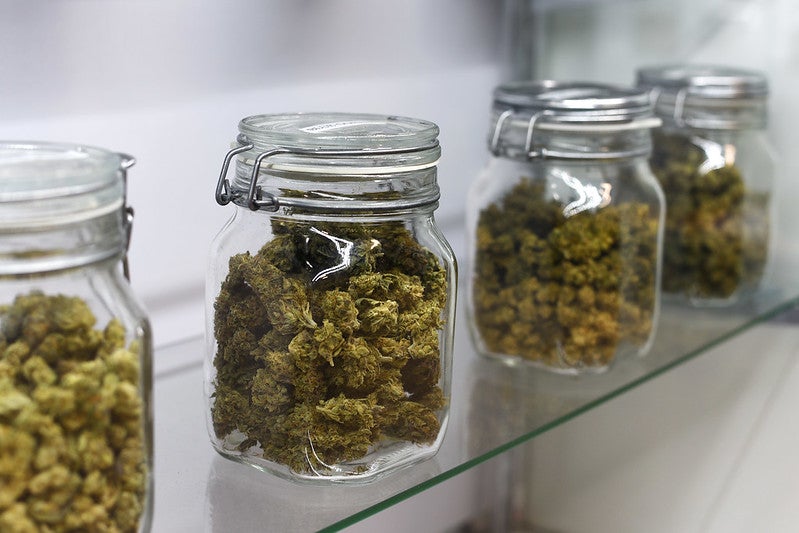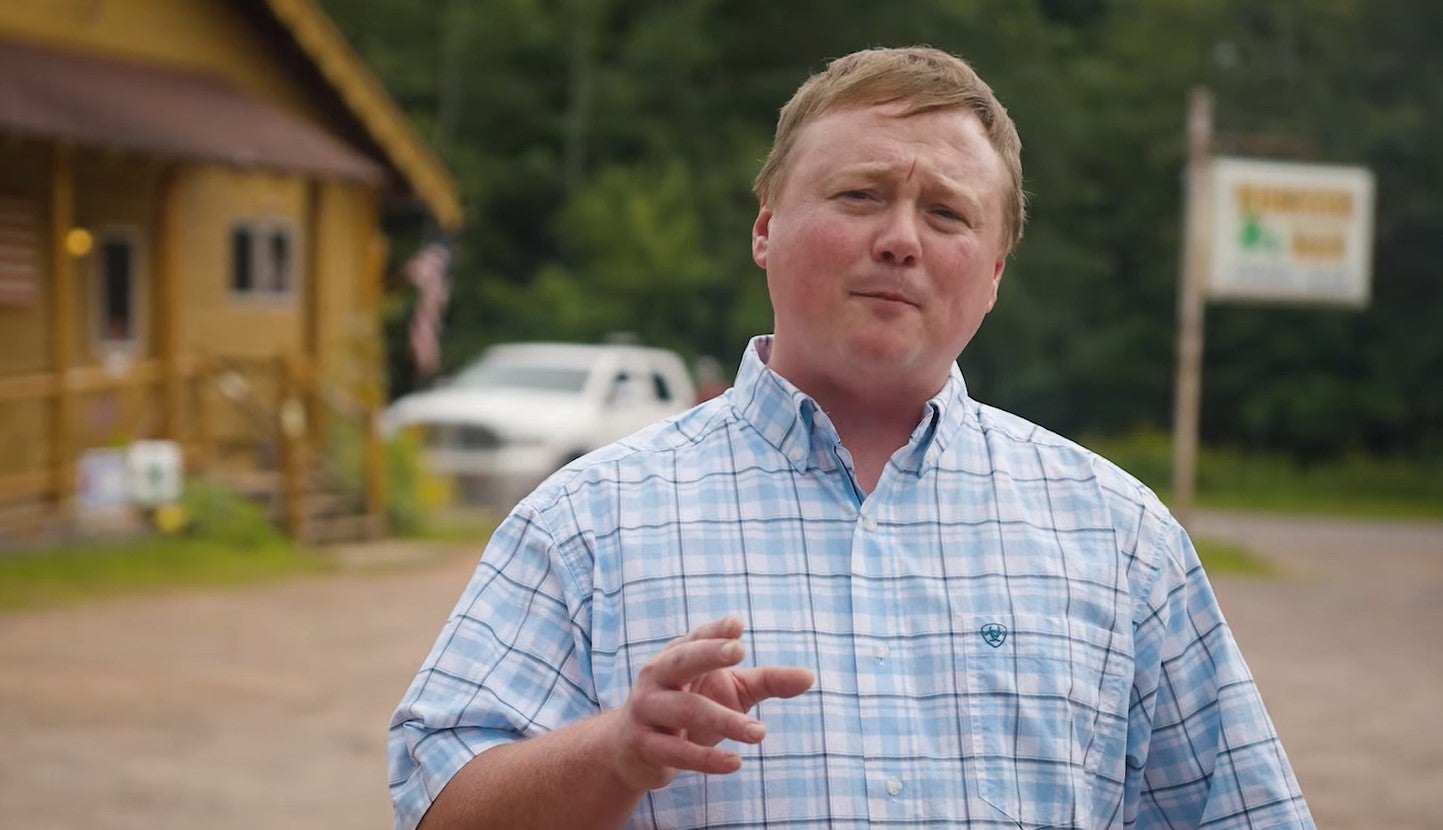A former Washburn county supervisor and aide to former Wisconsin Sen. Russ Feingold, Jeanne Bruce of Spooner is the Democratic candidate challenging incumbent Republican Rep. Chanz Green for the 74th District Assembly seat.
Bruce named health care as a top priority, including encouraging the Legislature to better access federal Affordable Care Act funds and protect women’s reproductive rights.
Bruce grew up in Spooner and graduated from Spooner High School. She went on to earn an undergraduate degree in social welfare from the University of Wisconsin-Eau Claire and a masters in media communications from UW-Whitewater.
News with a little more humanity
WPR’s “Wisconsin Today” newsletter keeps you connected to the state you love without feeling overwhelmed. No paywall. No agenda. No corporate filter.
She’s worked for more than 30 years in program and fund development with government agencies, nonprofits and private businesses.
Bruce spoke about her candidacy with WPR’s Robin Washington on “Morning Edition.” An invitation for an interview was also extended to Rep. Green.
This conversation has been edited for clarity and brevity.
Robin Washington: What’s the single biggest issue facing the district and how can the Legislature address it?
Jeanne Bruce: I don’t know if it’s the biggest single issue, but a very important issue up in northern Wisconsin is our rural health care system. We have quite a shortage of medical services up here and we lost a couple hospitals last year. That has cascaded down to shortages. In a lot of areas where I live, you have to drive 80 miles if you want to have a baby delivered.
One thing that I think the Legislature can do right away is take the Medicaid expansion money that has been available for 10 years through the Affordable Care Act. Over this 10-year period, that would have brought about $2.1 billion to Wisconsin, which would have been a big help to our health care system and to getting more coverage for people eligible for BadgerCare.
The other thing that I think we could do is to increase the Medicaid reimbursement rate for providers. This would allow them to be fairly paid for the services that they provide. And of course, the other thing I very strongly believe is that we need to protect reproductive rights for women and their families.
RW: Enbridge’s proposed Line 5 pipeline borders the district, and if built, would affect it. It also has divided the region politically. Do you see any realistic compromise, or is it simply build it or not?
JB: Compromise — now there’s an idea. It’s such a multi-layered problem, but until we figure out a way to make pipelines less of a danger to the environment, and of course, if they’re at all going to infringe on Native sovereignty, they can’t be doing that. That’s something that we really need to take seriously, and I’m not convinced that we are to the point where that pipeline can be done safely.
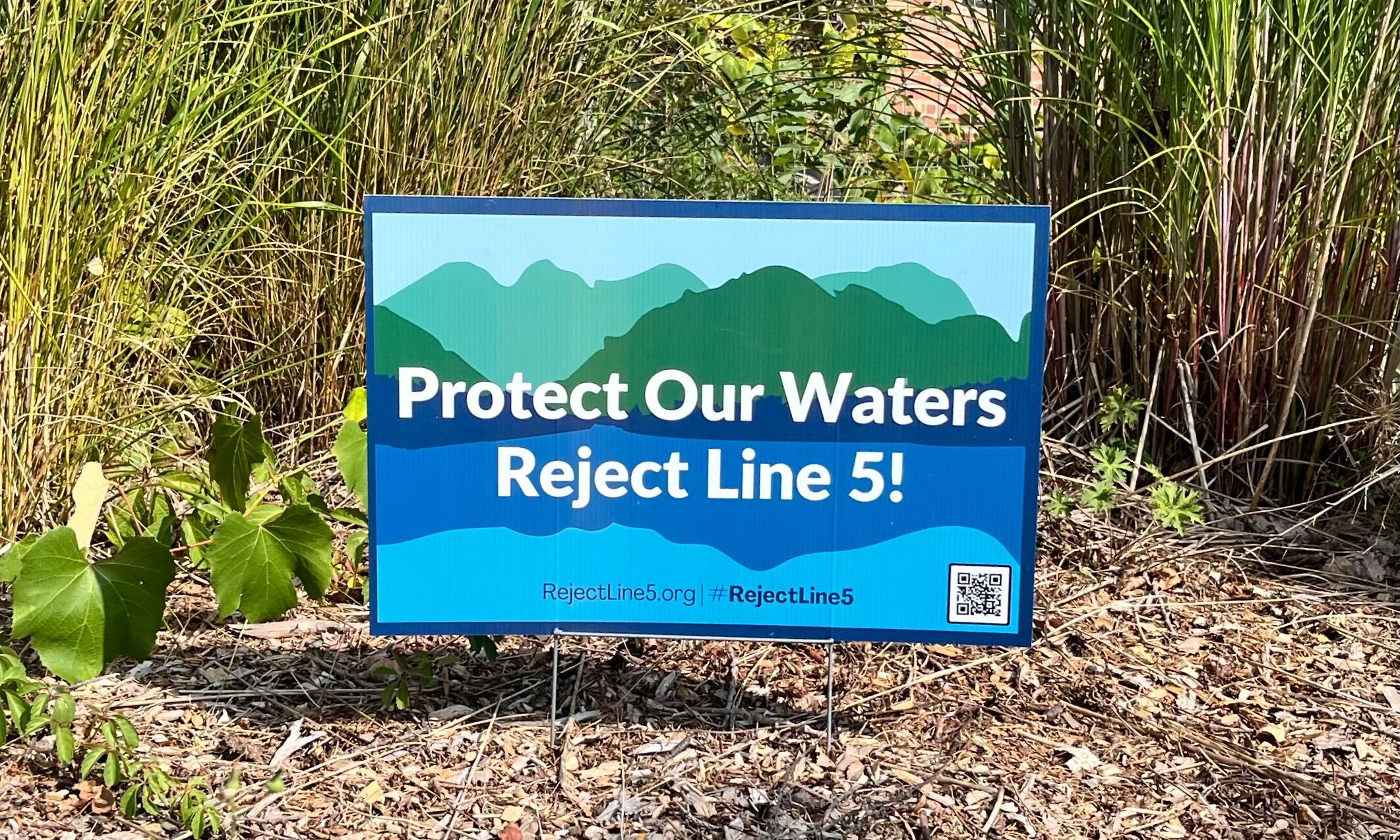
RW: The 74th District is in a fairly unique category as one of only a handful of Wisconsin Assembly districts that borders on two other states — in this case, Minnesota and Michigan. Are there things those states are doing right that Wisconsin isn’t? And what would you do to rectify that?
JB: I don’t know if this answers things that they are doing better, but certainly cooperation with Michigan when we’re talking about the Great Lakes is very important. I think that sometimes there is a little tension, but working together on any of the issues that affect the Great Lakes is a very important thing.
Our tuition reciprocity with Minnesota has always been a very important relationship. One obvious thing is that Wisconsin is surrounded by states that have more liberal cannabis laws than we do, and I have heard from a lot of people that it certainly would be helpful to our economy if we were to legalize it. What’s happening — whether it’s actually legal or not — is people are going to Minnesota and to Michigan to get cannabis products and bring them back, and there are certainly a lot of issues related to that concerning law enforcement.
RW: Is there any Republican-backed initiative in the Legislature that you can get behind that’s keeping in mind that we don’t know which party will be in control in the next term?
JB: : One area on which I suspect I could get together with Republican colleagues would be on a better tax deal for small businesses. Taxes are a problem for them because they simply aren’t eligible for the kinds of deductions or write-offs that larger businesses are, and especially when you’re in that startup phase.
For all of WPR’s election coverage, including presidential, congressional and legislative races, visit wpr.org/election2024.

